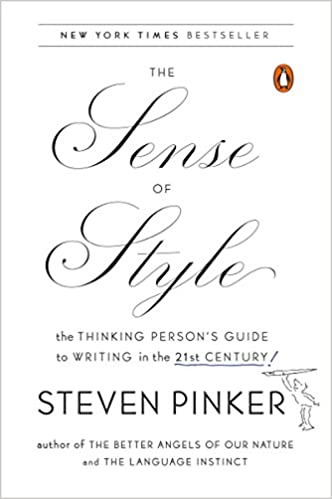About
The vast expressive power of language is made possible by two principles: the arbitrary sound- meaning pairing underlying words, and the discrete combinatorial system underlying grammar. These principles implicate distinct cognitive mechanisms: associative memory and symbol- manipulating rules. The distinction may be seen in the difference between regular inflection (e.g., walk-walked), which is productive and open-ended and hence implicates a rule, and irregular inflection (e.g., come-came, which is idiosyncratic and closed and hence implicates individually memorized words. Nonetheless, two very different theories have attempted to collapse the distinction; generative phonology invokes minor rules to generate irregular as well as regular forms, and connectionism invokes a pattern associator memory to store and retrieve regular as well as irregular forms. I present evidence from three disciplines that supports the traditional word/rule distinction, though with an enriched conception of lexical memory with some of the properties of a pattern-associator. Rules, nonetheless, are distinct from pattern- association, because a rule concatenates a suffix to a symbol for verbs, so it does not require access to memorized verbs or their sound patterns, but applies as the "default," whenever memory access fails. I present a dozen such circumstances, including novel, unusual-sounding, and rootless and headless derived words, in which people inflect the words regularly (explaining quirks like flied out, low-lifes, and Walkmans). A comparison of English to other languages shows that contrary to the connectionist account, default suffixation is not due to numerous regular words reinforcing a pattern in associative memory, but to a memory-independent, symbol-concatenating mental operation.


